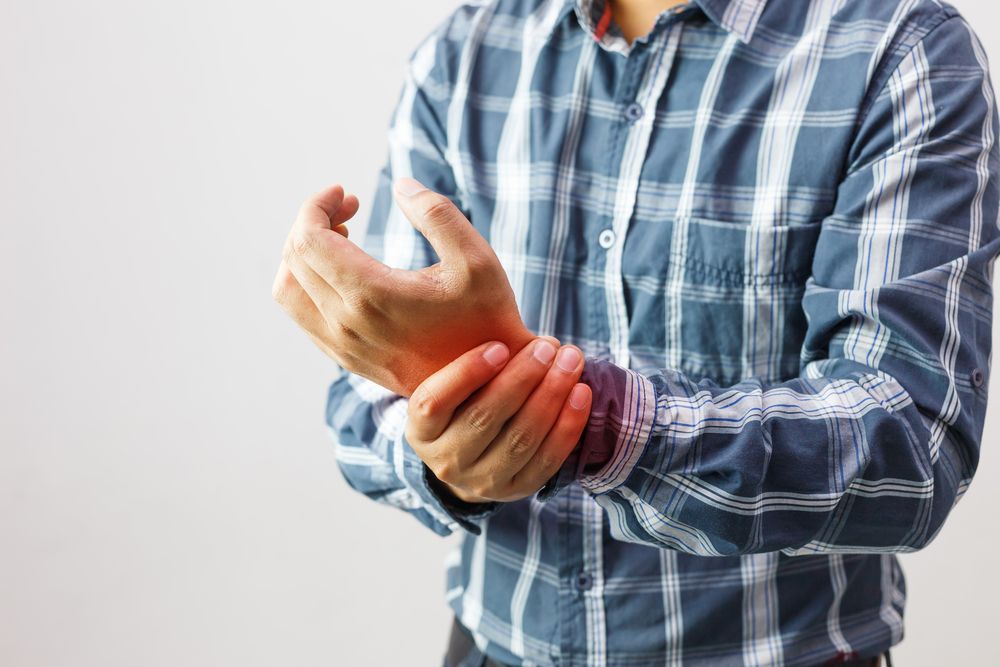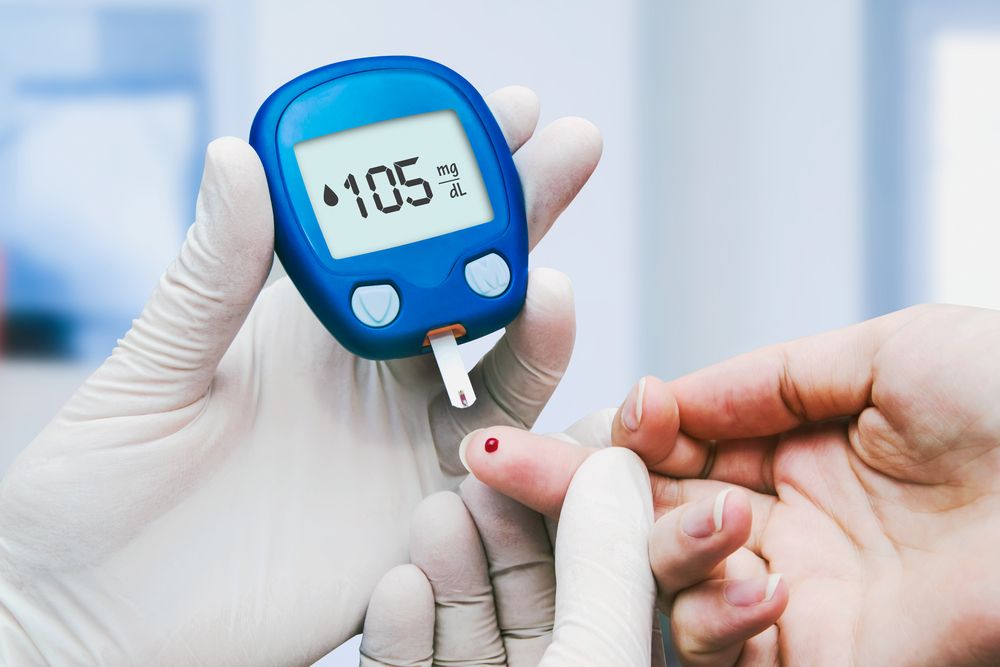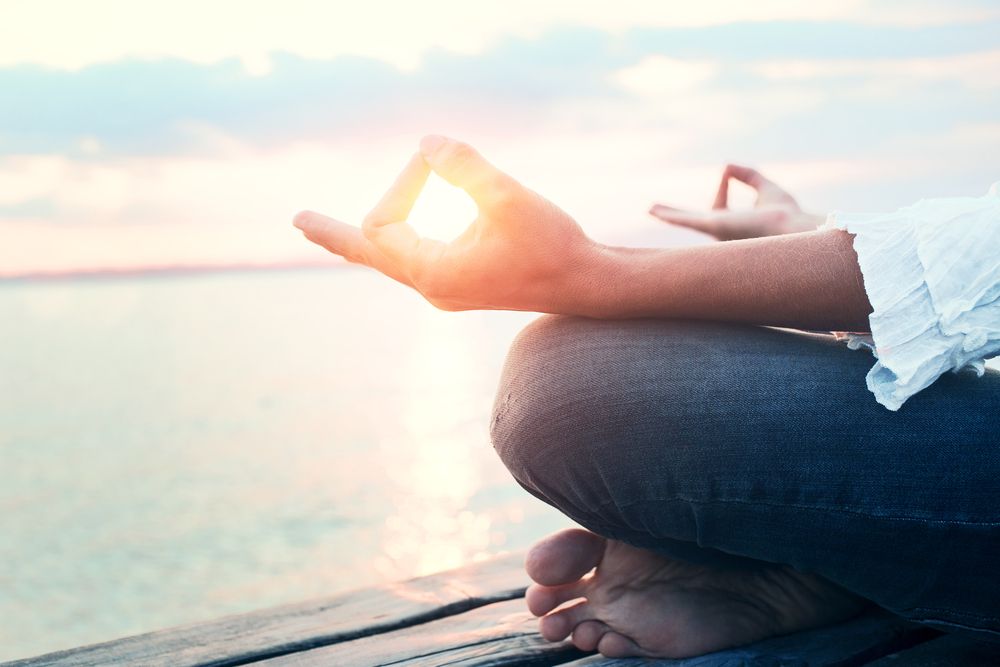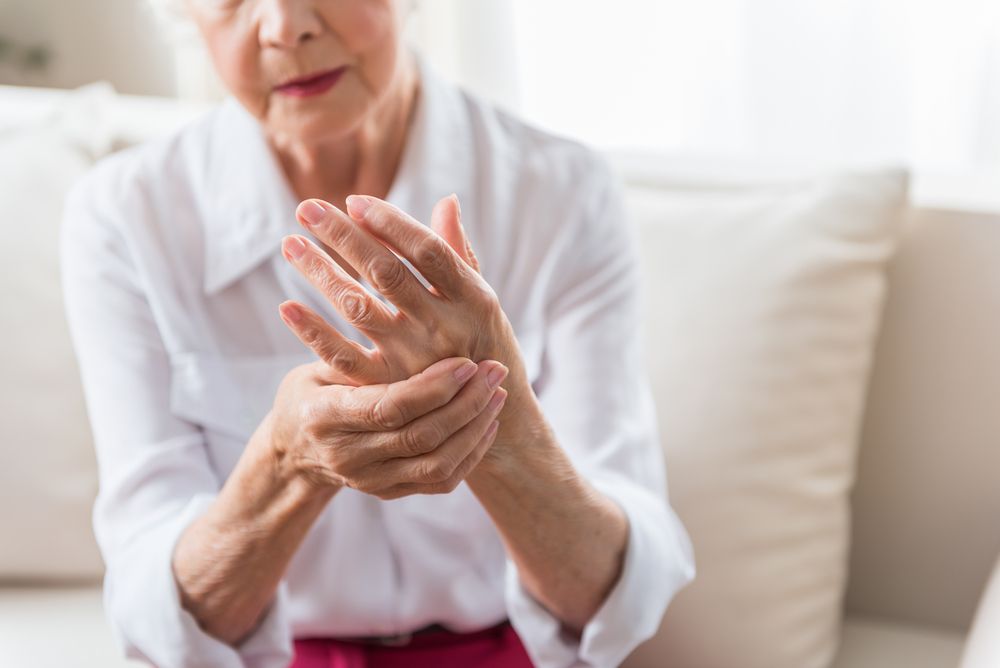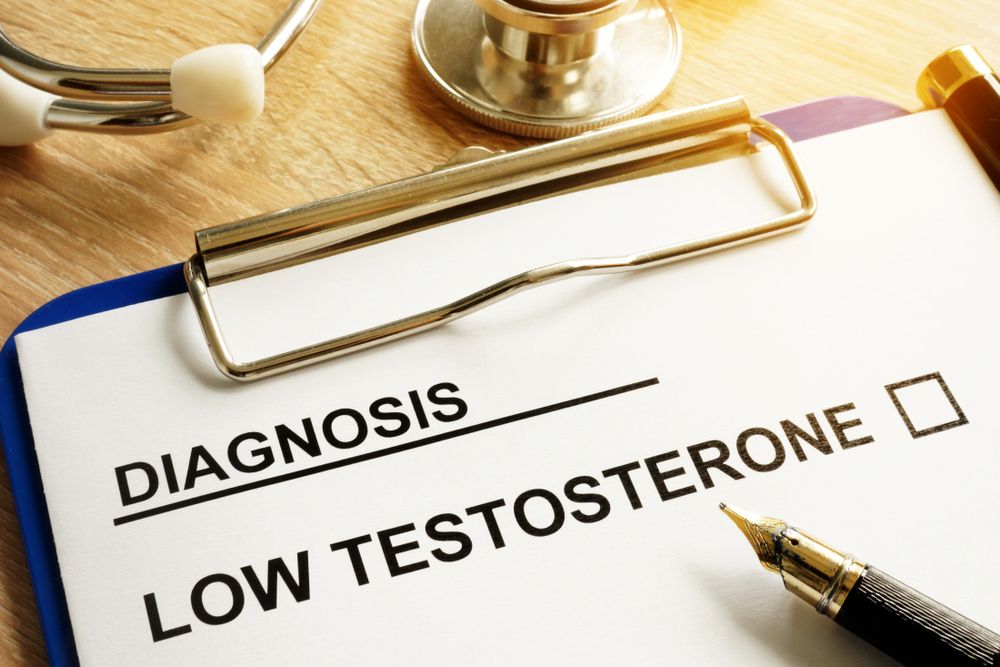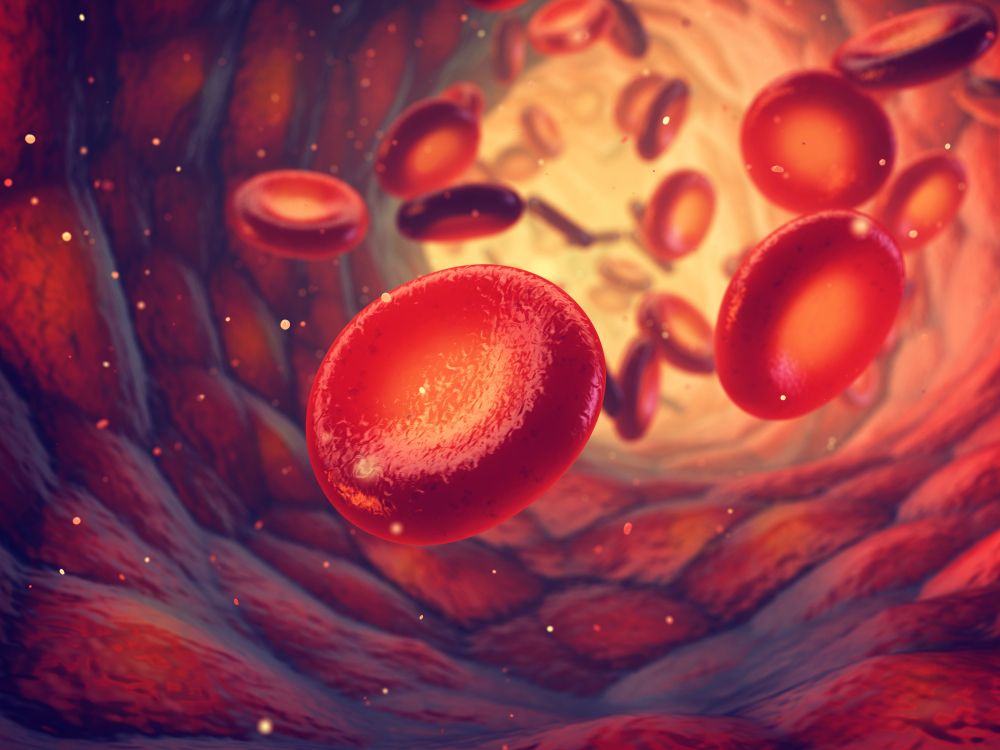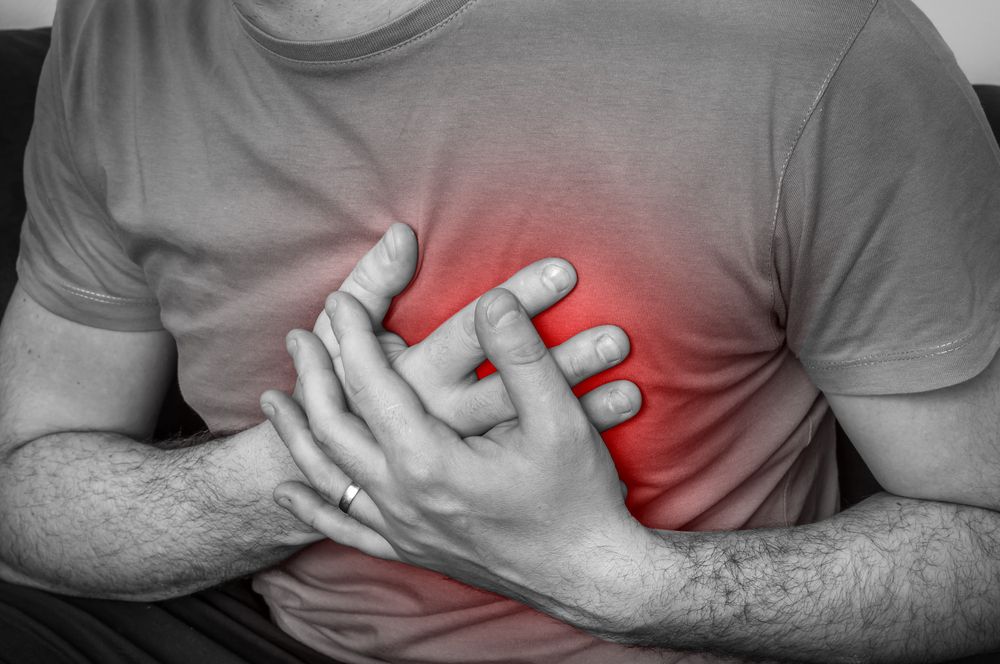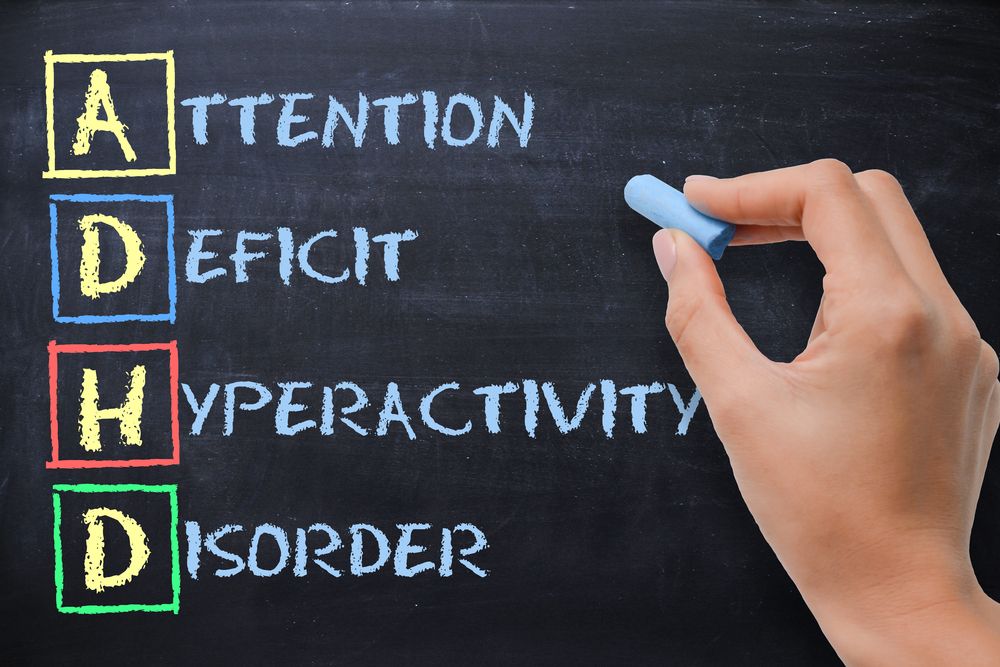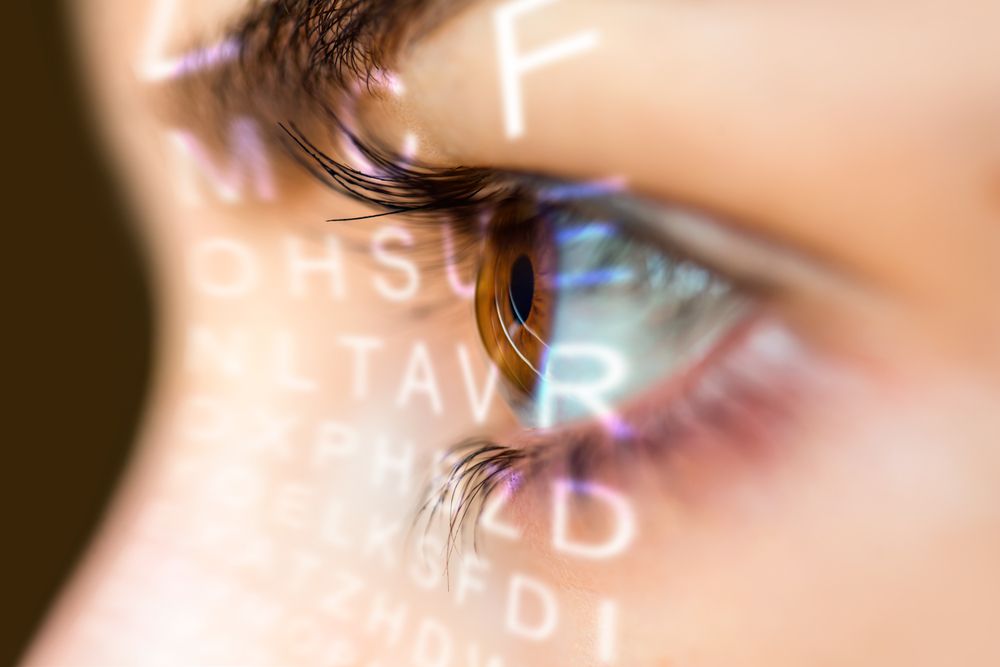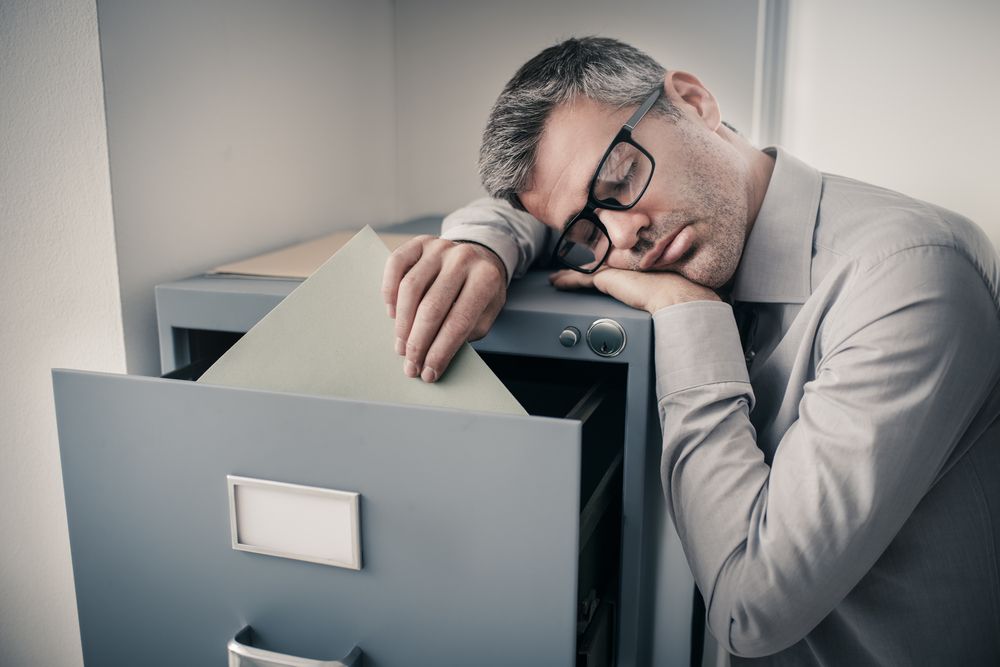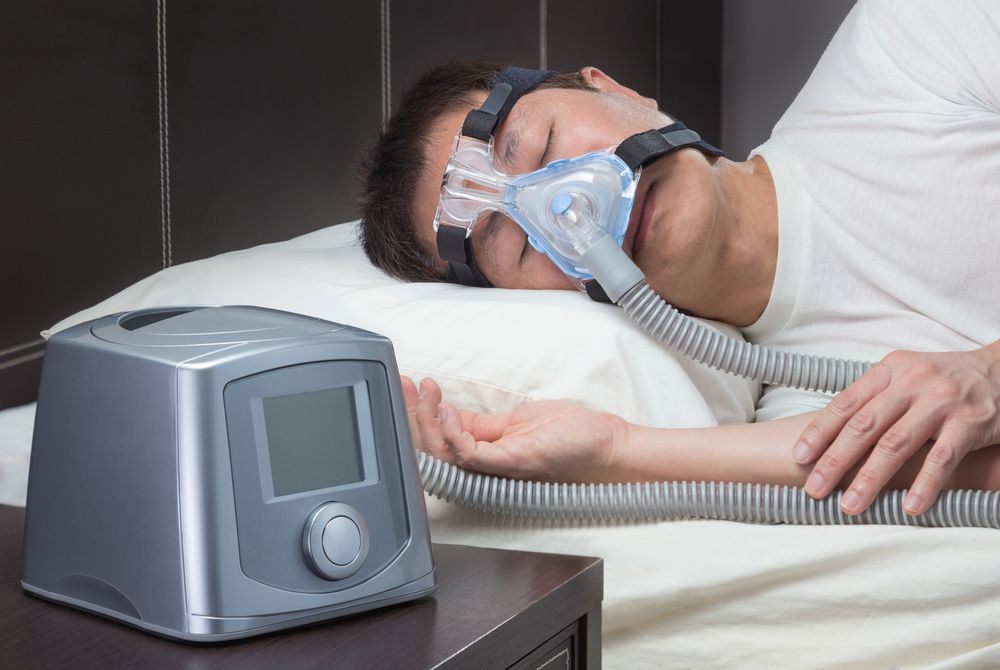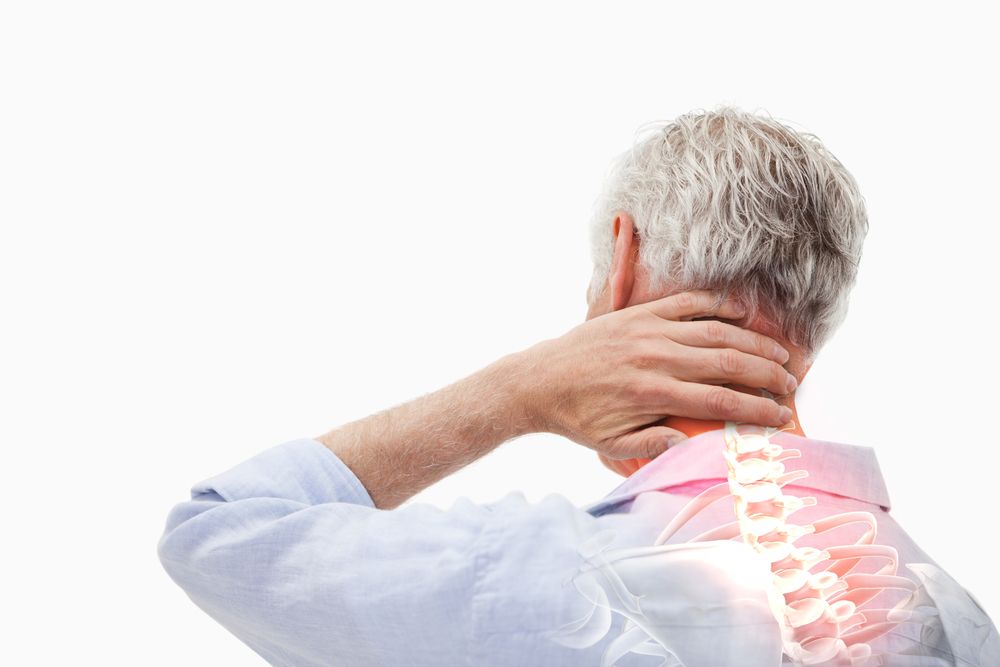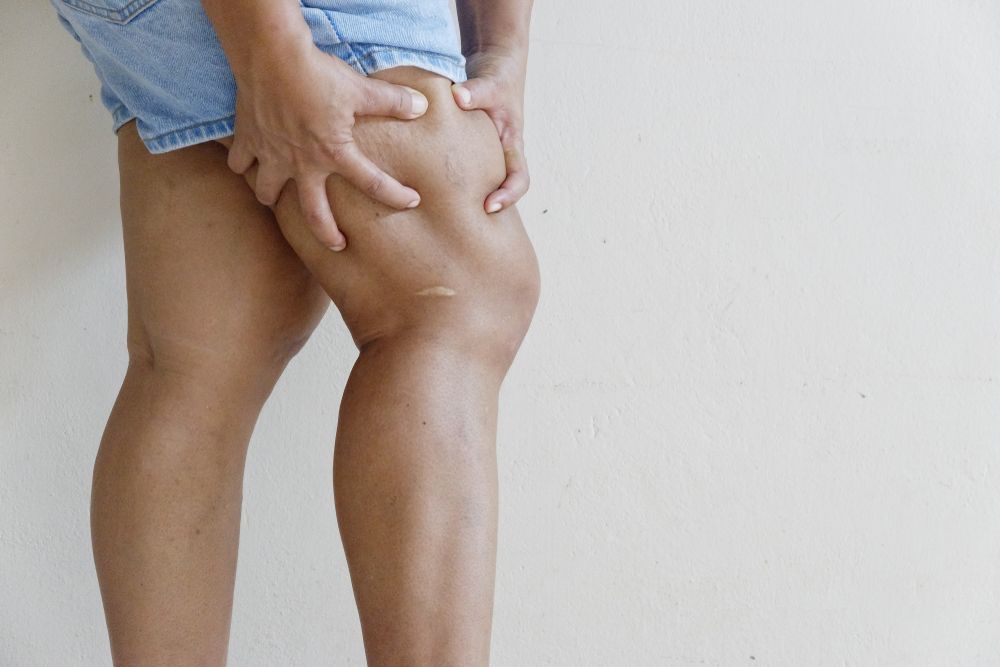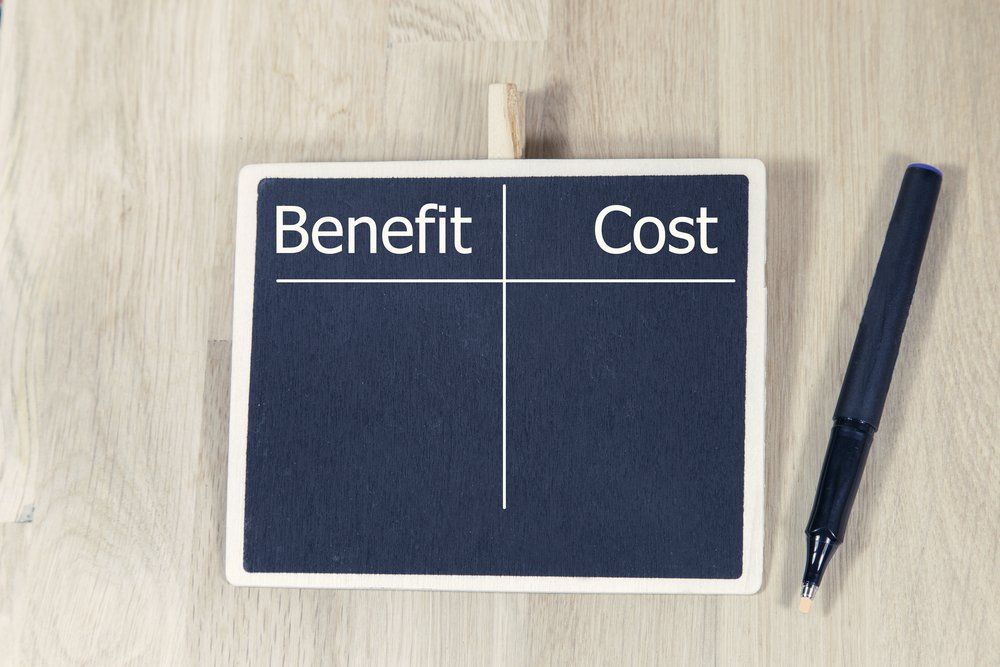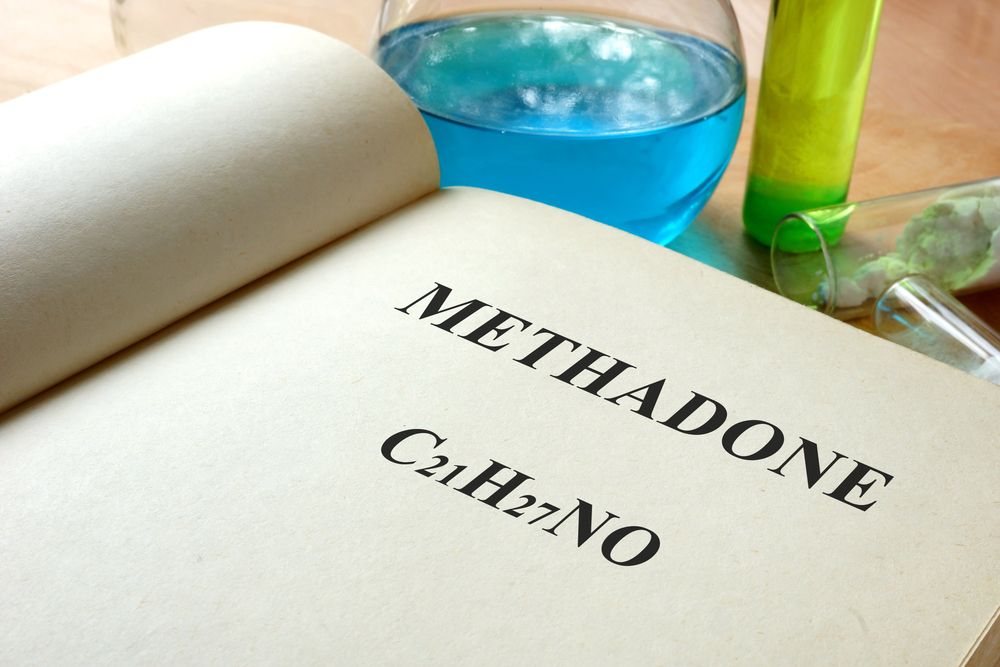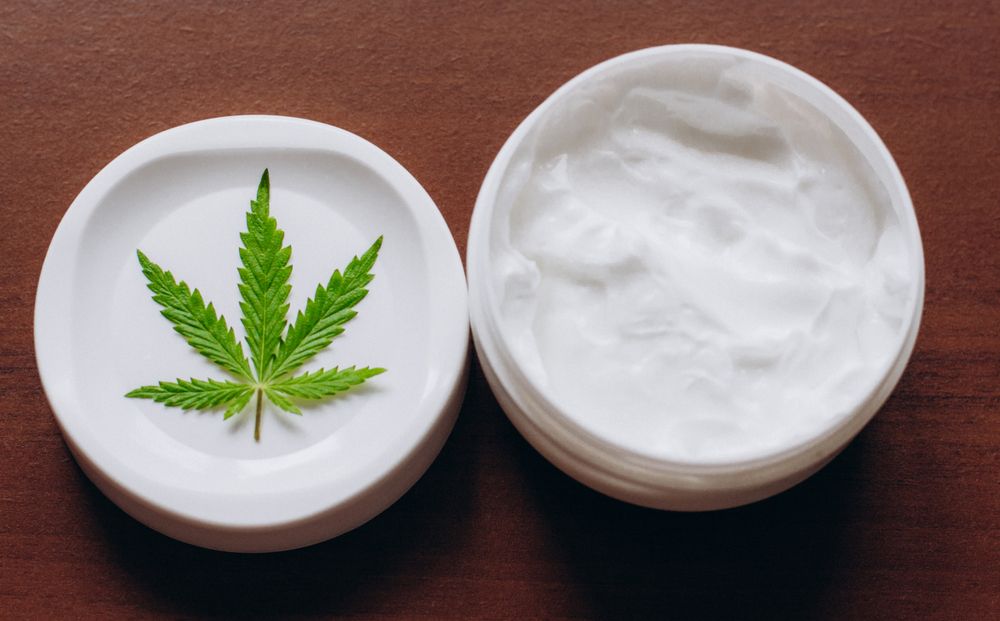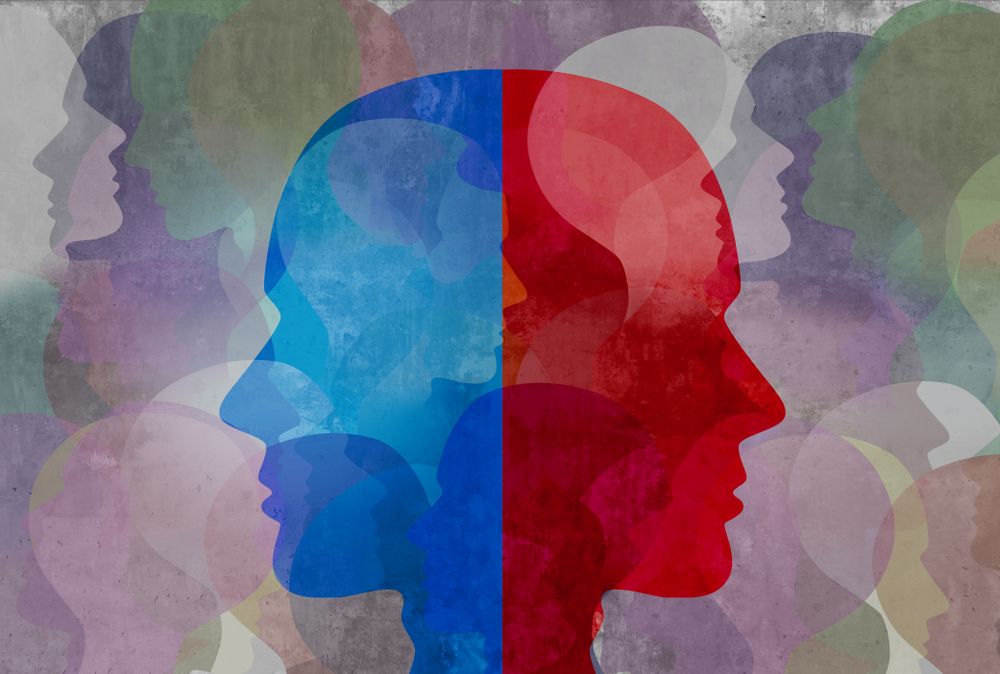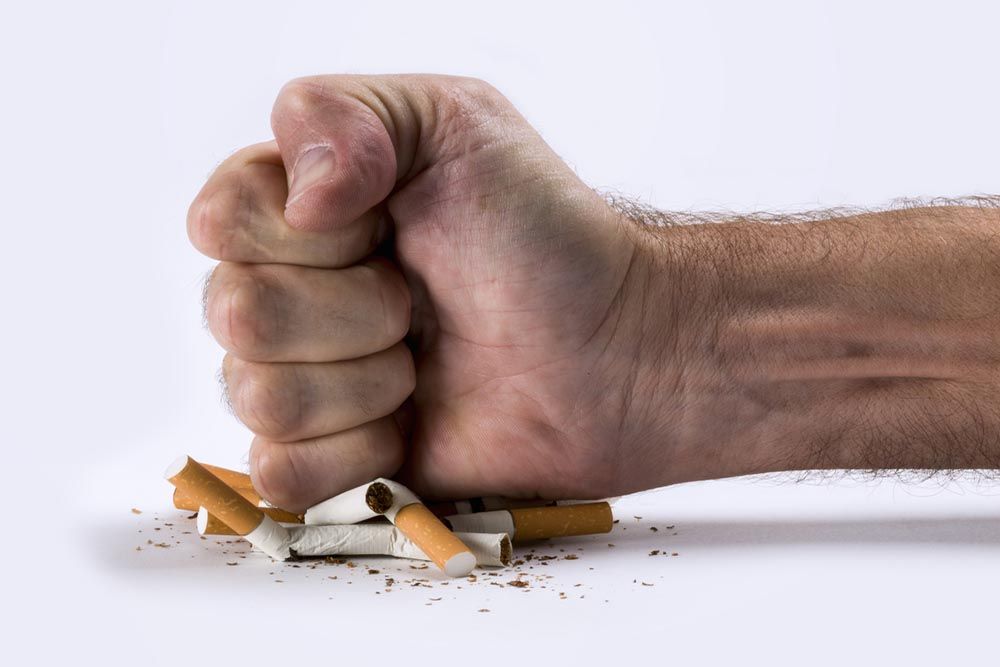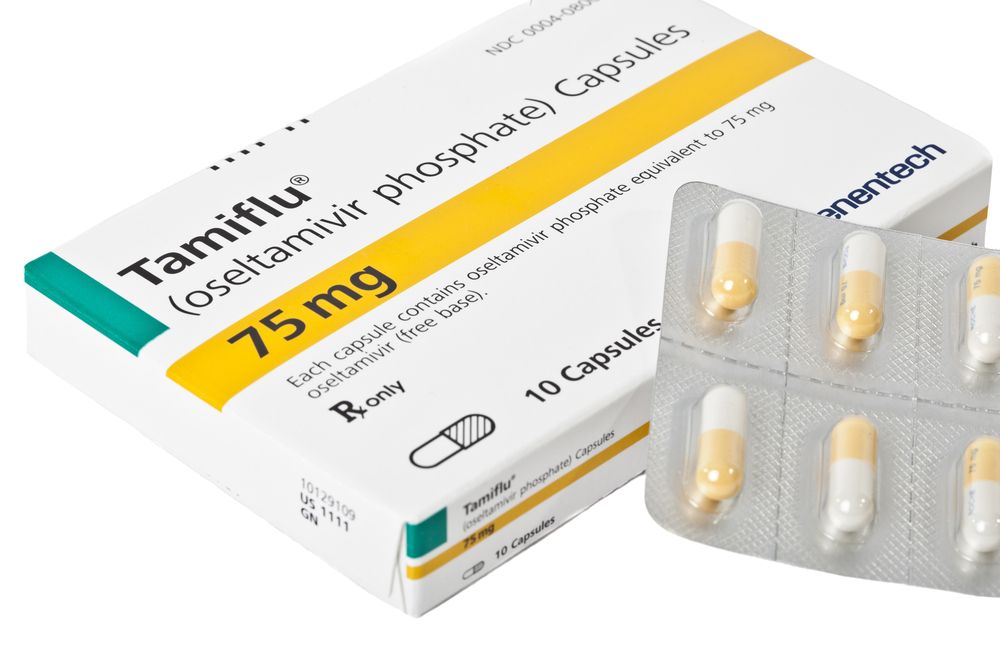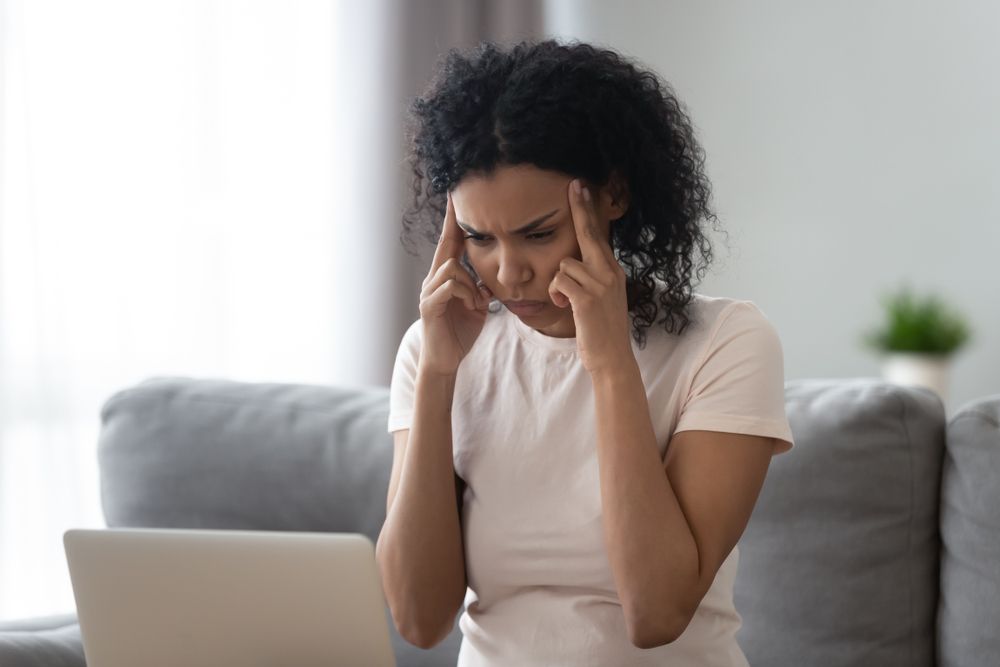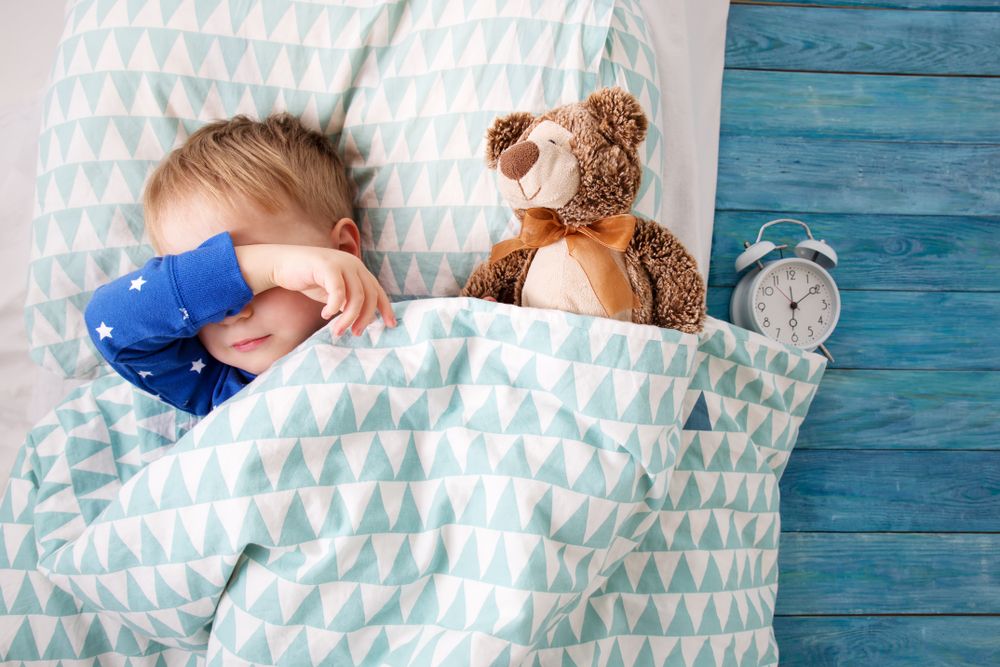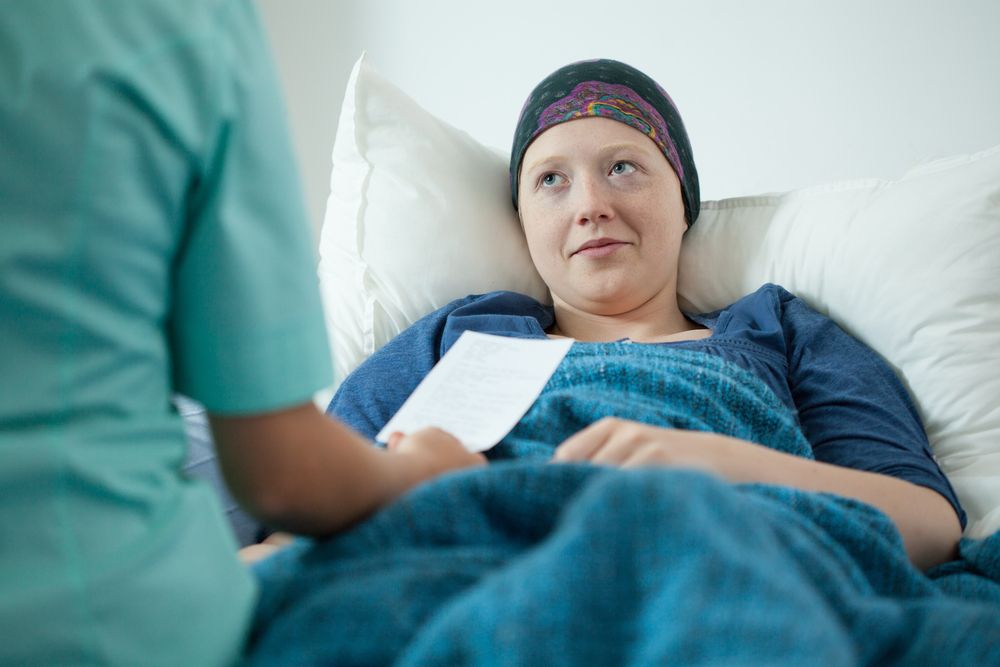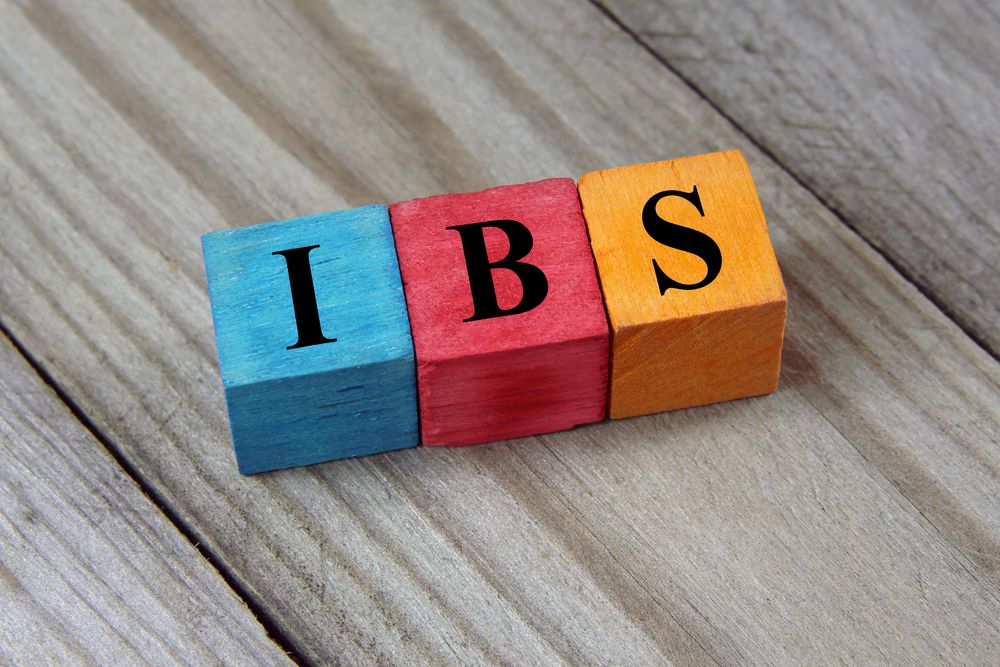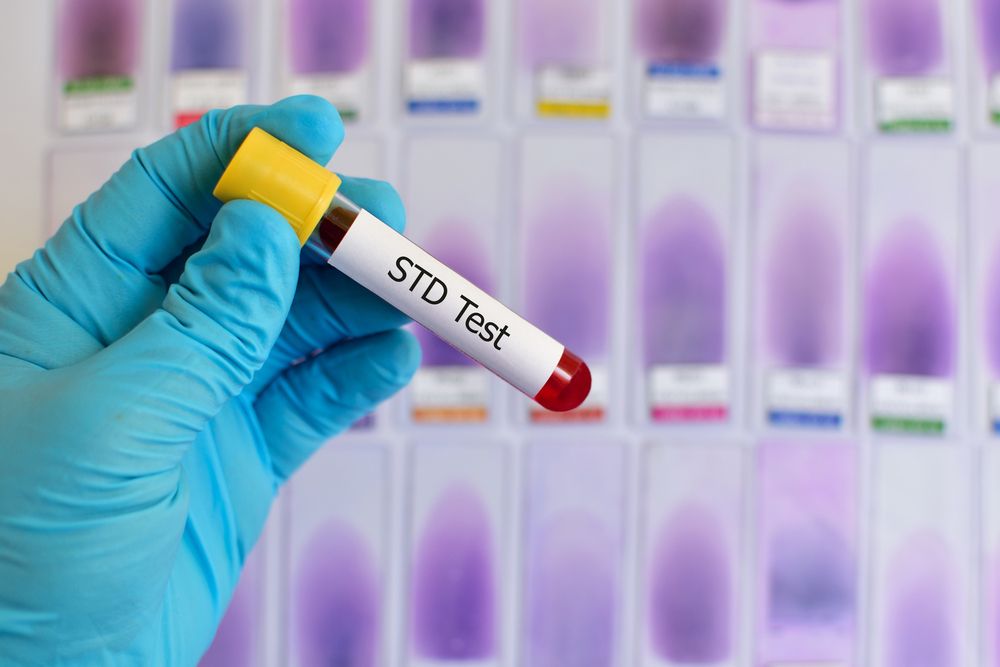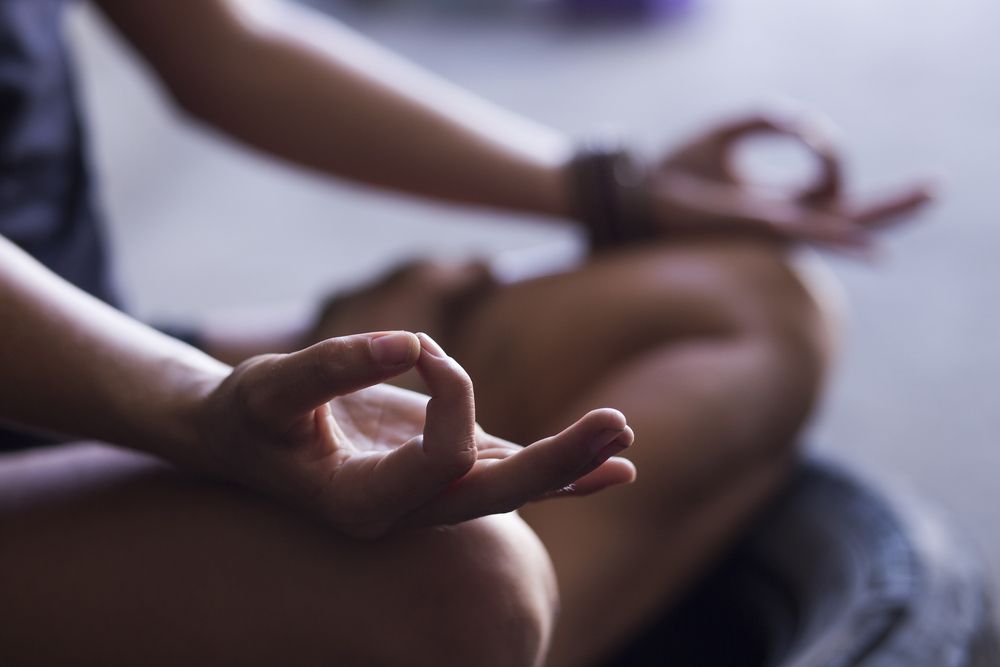Allergies are known to cause symptoms resembling the flu in some people, but they can have serious reactions for others. You may not be prepared to feel tired, especially if you have airborne or seasonal allergies. (Learn More: Do Allergies Make You Tired?)
Research shows that some allergies are known to make you more tired than others. (Learn More: Are Some Allergies More Likely to Make You Tired?)
With proper planning and a few lifestyle tweaks, you may be able to better handle or even prevent the fatigue that often accompanies certain allergies. (Learn More: Is It Possible to Prevent Fatigue Caused by Allergies?)
Common Symptoms of Allergies
Many chemicals, foods, and airborne substances do not harm most people, but they can cause an allergic reaction in some people. They essentially cause a person’s immune system to react to this normally benign substance.
This immune system response is known as an allergic reaction. Your immune system creates antibodies and encourages the secretion of chemicals that attack foreign substances. Symptoms can be mild or severe, depending on the allergen and individual.
Common symptoms for allergic rhinitis, or hay fever, are:
- Congestion and a runny nose.
- Watery, itchy eyes.
- Sneezing.
- Itchiness of the eyes, mouth, or nose.
Hay fever is usually caused by dust mites, cockroaches, pet dander, and pollen.
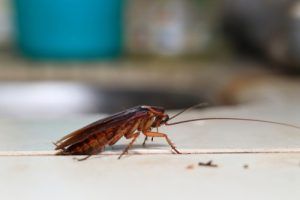
Allergic reactions to food are usually accompanied by:
- Hives.
- Tingling on the mouth.
- Swelling that makes it difficult to breathe.
- Anaphylactic shock.
You can have allergic reactions to insect bites or stings. There are also allergic reactions that only affect the skin, such as eczema.
Do Allergies Make You Tired?
Allergic reactions are triggered by the immune system. Research on chronic fatigue as a result of other conditions caused by an overactive immune system shows that an increase in inflammation is connected to fatigue.
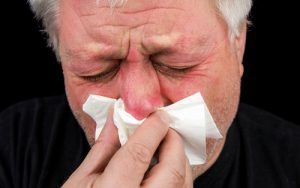
People who suffer from allergic rhinitis (hay fever) are more likely to experience fatigue than people with other types of allergies. This is because not all symptoms of hay fever are seasonal.
Mattresses, mold, and dust inside a home can cause allergic rhinitis all year long. If symptoms are severe, patients may sleep less than usual because their symptoms keep them up at night.
There are other reasons why allergic rhinitis may impair your night-time sleep quality, leading to tiredness during the day.
- Allergic rhinitis is connected to obstructive sleep apnea (OSA). This is a sleep disorder marked by consistent interruptions in your sleep. OSA prevents the muscles in your throat from opening up your airways. This makes it hard to breathe, and it often causes people to wake up at night.
- Snoring and allergic rhinitis are also related. Snoring may cause fatigue and even decrease productivity at work or academic performance in children.
- Inflammation caused by allergies makes it hard to sleep because you will have headaches and a congested nose.
- The fatigue caused by allergic rhinitis and inflammation can also contribute to changes in your mood. Studies show that hay fever is linked to depression and increased irritability.
Preventing Fatigue During Allergic Reactions
There are a few things you can do to prevent fatigue caused by allergic reactions.
- Use medication. Many over-the-counter (OTC) and prescription medications can ease symptoms of hay fever. Nasal sprays can help you breathe more easily, and oral medication can provide much-needed temporary relief.
- Decrease exposure. If you know you are experiencing hay fever because of outdoor pollen, dust mites, or cockroaches, you can reduce your exposure to these allergens and lessen allergic reactions.
- Get tested. Skin, blood, and physical exams can help you and your physician find out exactly what is happening with you.
- Allergy shots. With this method, you will slowly be exposed to allergens so you can hopefully become immune to them. This method may take months or years to work, but it can help people who do not react to other methods.
Frequently Asked Questions
Are allergies and fatigue connected?
Studies show that fatigue is connected to certain allergic reactions. If you are allergic to certain foods or chemicals, or you are prone to skin reactions, you may not have to worry about this. Fatigue is more likely to be linked to hay fever.
What types of allergies are most likely to disrupt my sleep?
Allergic rhinitis, or hay fever, is the allergic reaction that is most likely to cause sleep problems, according to current research. The sleep deprivation experienced as a result of the runny nose, headaches, sinus pain, and watery eyes means you will feel tired the next day.
Current research shows that chronic immune system issues are linked to fatigue. Since allergies are the result of an immune system reaction, it makes sense that they can eventually wear your body down.
Hay fever is linked to snoring and the development of obstructive sleep apnea. This is a sleep disorder characterized by difficulty breathing because your throat does not open up your airway, forcing you to wake up throughout the night.
Is there anything I can do to reduce tiredness after an allergic reaction?
You can try to avoid things that cause your allergies, especially if you have airborne or seasonal allergies. Most weather reports let you know how much pollen you can expect, for example.
Using medication, such as nasal sprays or oral antihistamines, can help you prevent symptoms before they start. Over-the-counter medications can provide relief that can help you get some rest.
It is a good idea to talk to your doctor about the possibility of allergy shots that can help you become immune to allergens over time.
References
Allergies. (January 2018). Mayo Clinic.
Can Allergies Make You Tired? (July 2018). Healthline.
Allergies Got You Fuzzy-Headed? Here’s Why + How to Cope. (August 2017). Cleveland Clinic.
How Allergies Affect Your Mood and Energy Level. (June 2019). Healthline.
Chronic Fatigue Syndrome Could Be Triggered by Overactive Immune System. (December 2018). The Guardian.
Allergies and Sleep. (December 2009). National Sleep Foundation.


